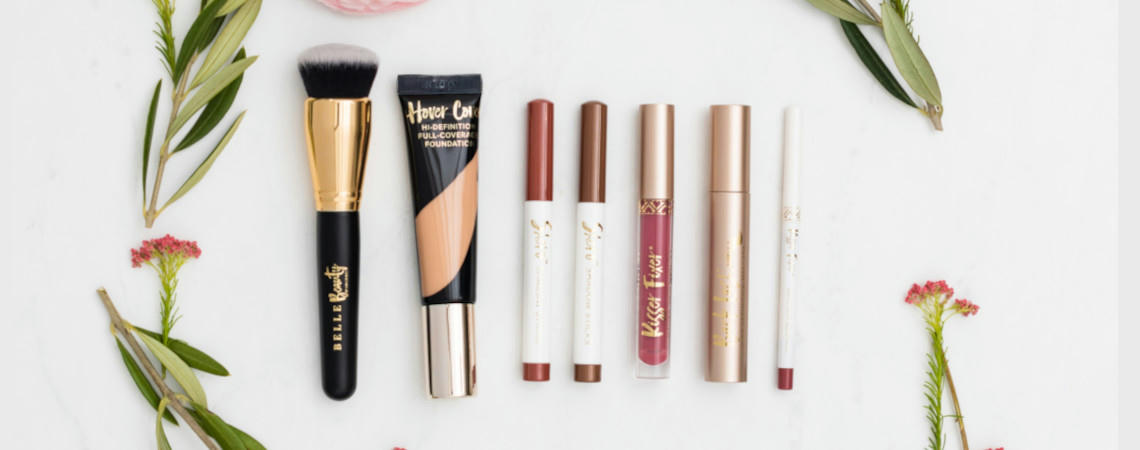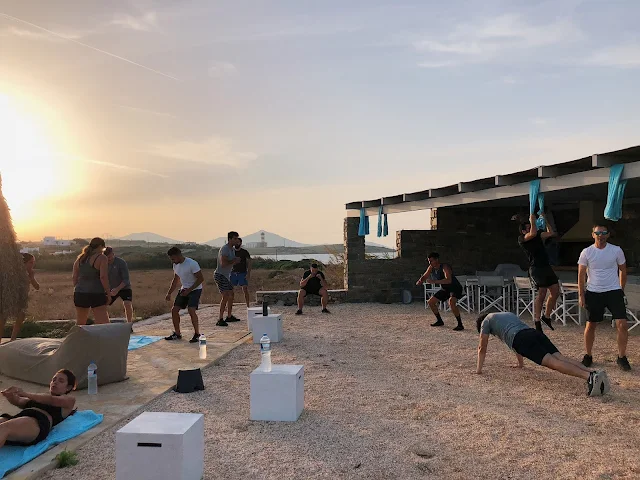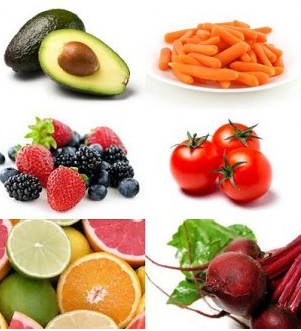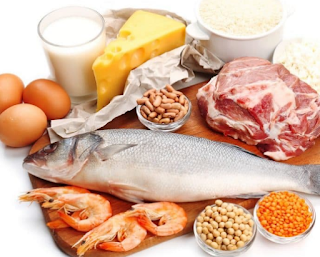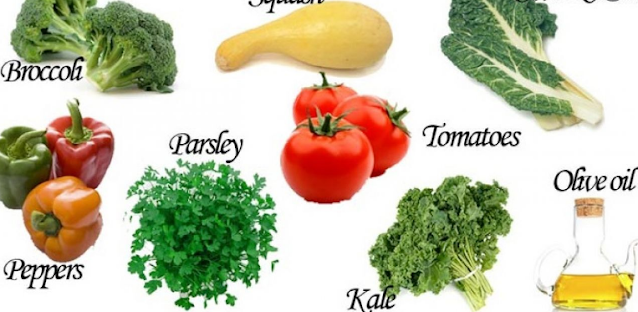WHY I EXERCISE SQUAT
Are you still looking for effective exercises for the lower body, to strengthen the thighs and buttocks, the main places where fat is stored.
Not anymore, this exercise that we will talk about helps you build the lower half of your body and prevent the accumulation of fat in the buttock area; “ it's squat”.
What is the squat? What are the benefits of squatting? How do you do squat? Does squatting make you lose weight? Let’s find out the benefits of this movement.
WHAT IS THE SQUAT?
The squat is
a bodybuilding movement that relies on the knee and foot joints and is ideal
for strengthening the entire lower body.
The main
muscles involved in its execution are the quadriceps, glutes, and adductors, as
well as the lumbar and abdominals muscles.
THE BENEFITS OF THE SQUAT:
The benefits of squatting are many, so you will have to include it in
your sports routine, especially for women, because of the beauty it gives to
the appearance of their bodies.
1) One of the
best and fastest exercises that work to tighten the buttocks and abdominal
muscles.
2) Helps to harmonize the shape of the body, and get a tight and attractive
body.
3) It is one of the most important exercises in getting rid of cellulite,
and white stretches in the skin.
WHAT'S CELLULITE?
Cellulite is an aesthetic problem for the skin,
not a healthy one and it is a condition in which the skin is lumpy, usually
affecting the buttocks and thighs.
4) It works to tighten the skin in the thighs area.
5) It stimulates the body to burn more calories.
6) Reduces the
risk of serious injury to the lower body.
7) Improving physical abilities by gaining more strength, squatting can
help you run faster and jump higher.
8) Squatting keeps bones strong.
HOW TO DO BASIC SQUAT?
To avoid injuries, you must follow the
instructions and advice to reach the best possible results
*Stand with your head forward and chest raised.
*Open your feet shoulder-width apart, or a
little wider.
*Keep your hands straight in front of you to
help maintain balance.
*Bend your knees and start in a sitting
position, keeping your head forward, and your upper body slightly forward.
*Lower down until your
thighs are parallel to the floor, your knees are above your ankles, and don't go
beyond your feet, and press your weight into your heels.
* Go back up by pushing hard on your legs to
return to the initial position.
* Take a deep breath just before the descent and then breathe out during
the ascent.
*Do three sets of 10 repetitions if you are a beginner.
THE RISKS OF THE WRONG SQUAT:
some People who squat with the wrong method may hurt their knees.
Squatting with holding weights may increase the risk of injury of the knees or lower back when a person does not perform the exercise correctly; anyone performing with weights for the first time should follow a trainer.
DOES SQUATTING MAKE YOU LOSE WEIGHT?
The primary role of squatting is not weight loss; it is to strengthen the lower part of the body.
Certainly, the repetition of the squatting movement stimulates the burning of calories and prevents the storage of fat in the thighs and buttocks, but it remains insufficient to achieve satisfactory results, especially for those who suffer from a large increase in weight; but to reach a good and sure result, you must also stick it to a diet adapted to lose weight and add cardio exercises to burn enough more calories.
Sources: healthline.com / medicalnewstoday.com / urbanfitness.com.au / webmd.com / barbend.com / domyos.fr






